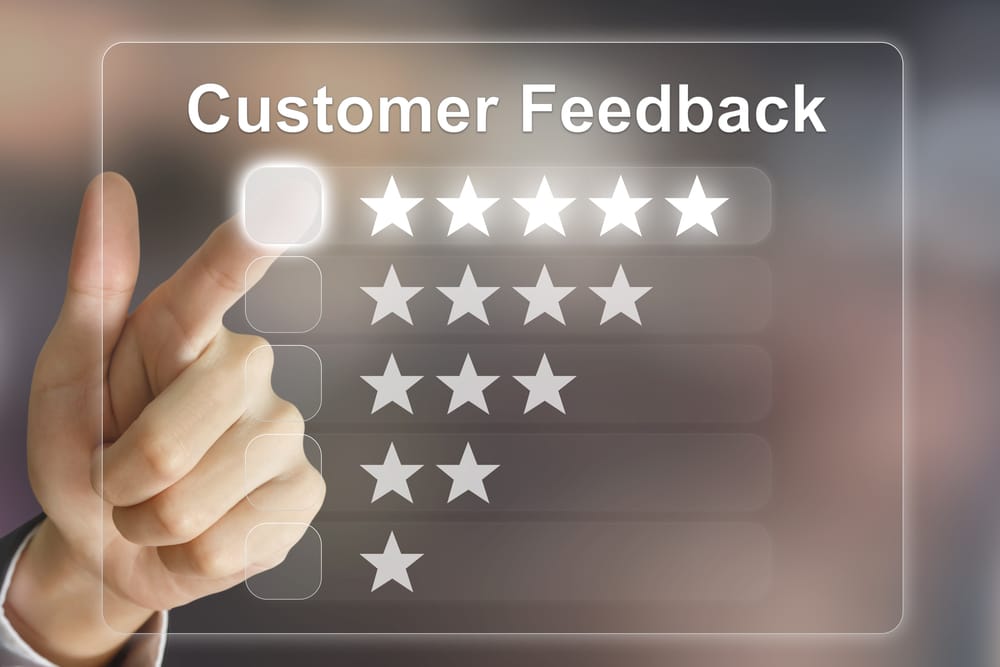Turning Complaints into Opportunities: Effective Strategies for Handling Customer Feedback
Customer feedback is a valuable asset for any business, as it provides insights into customer experiences, preferences, and pain points. While positive feedback can boost morale, negative feedback in the form of complaints presents a unique opportunity for growth and improvement. In this article, we will explore the art of turning complaints into opportunities and discuss effective strategies for handling customer feedback that can transform dissatisfied customers into loyal brand advocates.
Embrace Complaints as Opportunities
When a customer takes the time to voice a complaint, it indicates that they care about their experience with your business. Instead of viewing complaints negatively, embrace them as opportunities to learn and enhance your offerings. A well-handled complaint can lead to a more satisfied customer than one who never experienced an issue.
- Actively Listen to Understand
The first step in effectively handling customer complaints is to actively listen. Give the customer your undivided attention, show empathy, and acknowledge their feelings. Allow them to express their concerns fully, without interruptions. Demonstrating genuine concern and understanding goes a long way in diffusing tension and building rapport. - Respond Promptly and Respectfully
Timely responses are crucial in complaint resolution. Customers appreciate a prompt acknowledgment of their concerns. Respond respectfully, ensuring that your language is professional and empathetic. Address the customer by name and express your appreciation for their feedback. - Take Ownership and Apologize
Taking ownership of the situation is vital in handling complaints. Avoid passing the blame or making excuses. Instead, apologize sincerely for any inconvenience caused, even if the issue was beyond your control. Acknowledging the customer’s feelings and experience validates their concerns and shows that you are committed to making things right. - Offer Solutions, Not Just Fixes
Customers seek resolutions when they file complaints, but providing solutions rather than mere fixes can be truly transformative. Work with the customer to understand what outcome they desire and offer creative solutions that address their needs. When customers see that you are invested in finding the best resolution, it can turn a negative experience into a positive one. - Follow Up and Keep Your Promises
After resolving the complaint, follow up with the customer to ensure their satisfaction and that the issue has been completely resolved. Keeping your promises is crucial to building trust and credibility. If any additional actions are required, communicate them clearly and follow through promptly. - Learn and Improve
Every complaint provides an opportunity to learn and improve your products or services. Analyze patterns in customer feedback and use the insights gained to identify areas for enhancement. Embrace a continuous improvement mindset that involves your entire team in the feedback loop to drive meaningful change. - Train and Empower Your Team
Effective complaint handling requires a skilled and empowered customer service team. Invest in training your team to handle complaints with tact, empathy, and problem-solving skills. Empower them to make decisions that prioritize customer satisfaction, even if it means going beyond standard protocols. - Encourage Feedback and Create Feedback Channels
Encouraging customers to provide feedback can lead to valuable insights and early identification of potential issues. Create multiple feedback channels, such as surveys, email, or phone, to make it convenient for customers to share their thoughts. Additionally, make it clear that their feedback is appreciated and will be used to improve the customer experience. - Celebrate Positive Outcomes
When complaints are resolved to the customer’s satisfaction, celebrate the positive outcomes internally. Recognize and appreciate your team’s efforts in turning a challenging situation into an opportunity for growth. Positive reinforcement boosts team morale and encourages a proactive approach to handling complaints.
Conclusion
Turning complaints into opportunities is a skill that can differentiate exceptional companies from their competitors. Embrace complaints as a chance to improve, actively listen to understand the customer’s perspective, and respond promptly and respectfully. By taking ownership, offering creative solutions, and following up, you can convert dissatisfied customers into loyal advocates who appreciate your commitment to their satisfaction. Remember, every complaint is an opportunity to learn, grow, and evolve, driving your business towards continuous improvement and long-term success.



